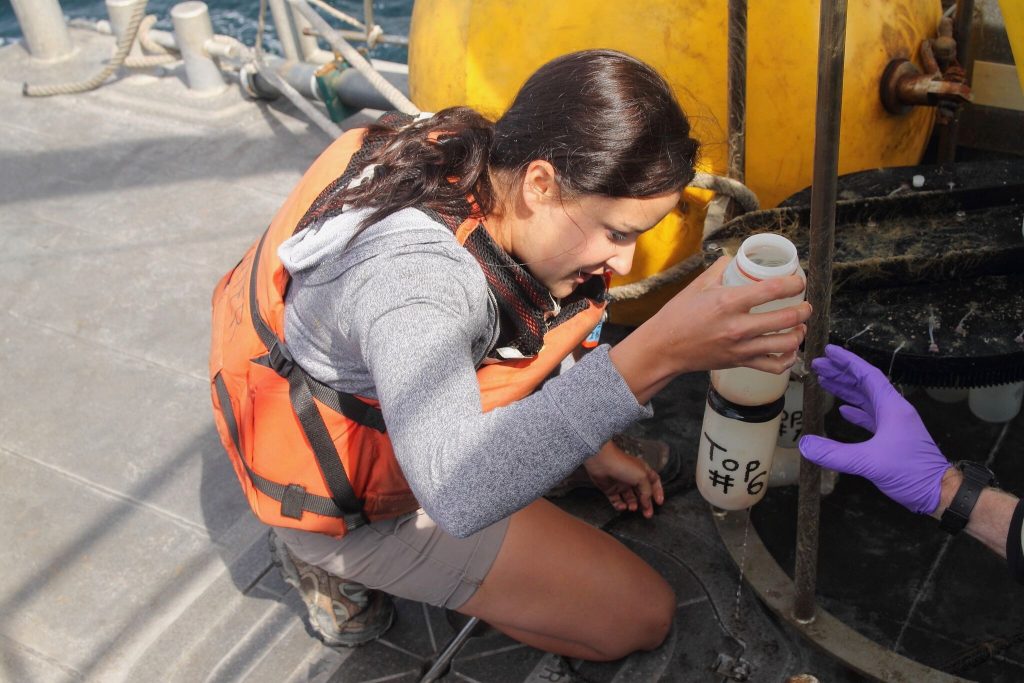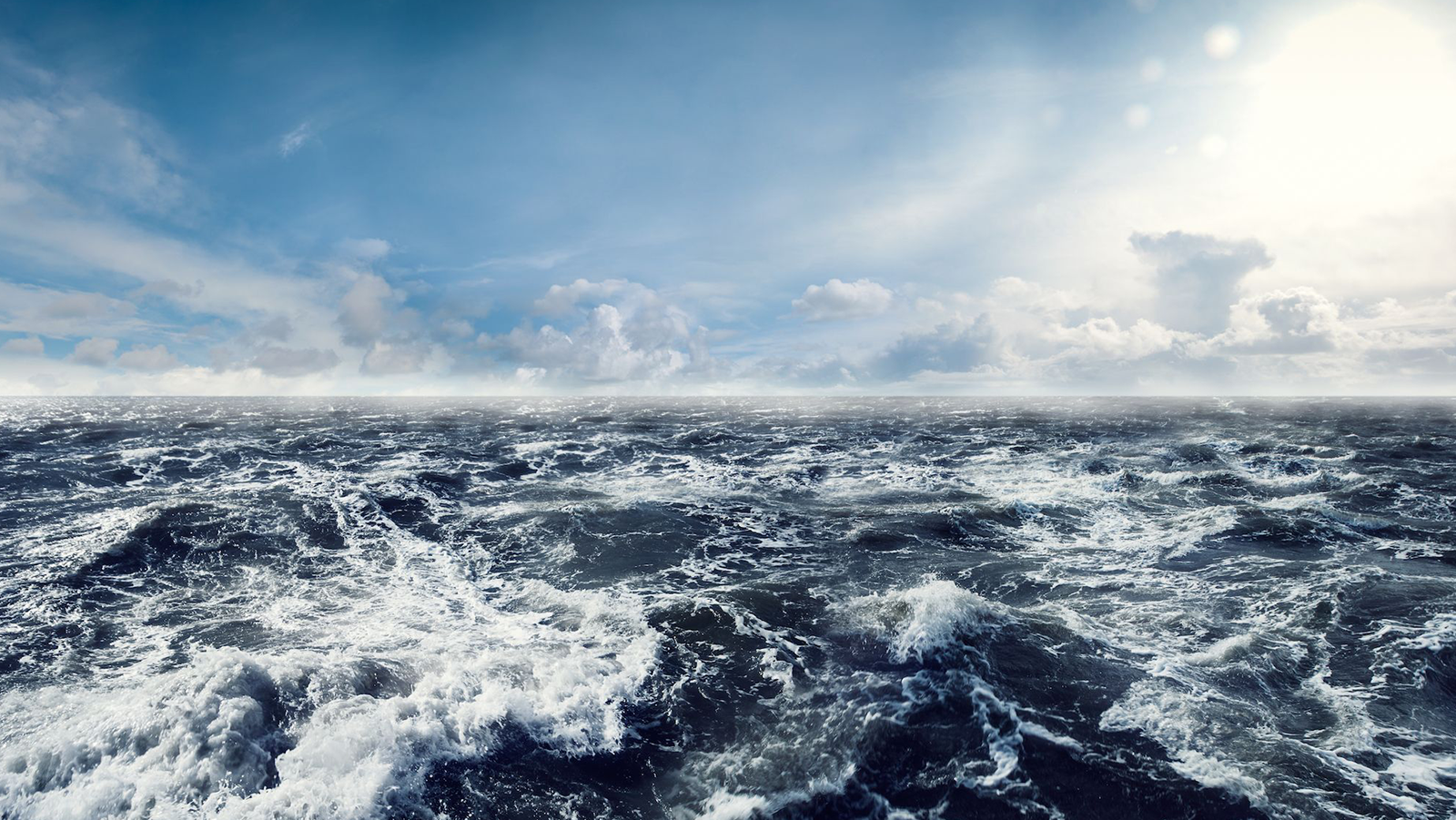The new National Climate Assessment report finds that the impacts of weather extremes — exacerbated by climate change — are far-reaching across every region of the United States. However, the report also finds that rapidly reducing greenhouse gas emissions and accelerating adaptation can limit further warming and protect lives and property from many climate risks.
Nearly 100 NOAA scientists and staff contributed to the Fifth National Climate Assessment. Among this group were 35 authors, 13 chapter leaders, 20 members of NOAA’s technical support team, technical contributors and reviewers.
Emily Osborne, Physical Scientist at NOAA’s Atlantic Oceanographic & Meteorological Laboratory, served as Coordinating Lead Author on the Oceans and Marine Resources chapter of the report. We asked her about the importance of this work, key challenges discussed in her chapter, and what drove her to lead a team of cross-disciplinary authors to produce the nation’s most up-to-date and authoritative report on climate change in the United States.
For Osborne, this was a way she could connect science to decision-makers and the general public.
“Key climate communication tools like the National Climate Assessment ensure the public has access to the latest information in a digestible way.”
Emily Osborne

Key messages: There’s overwhelming evidence that climate change, through ocean warming, changes in oxygen and pH, extreme events, and other human-caused effects, has and will continue to have significant impacts on United States marine ecosystems. Climate change poses substantial risks to ocean-related industries such as fisheries, tourism, recreation, transportation and energy. What we do today, to reduce carbon emissions, mitigate carbon dioxide, and adapt by building more resilient communities and economies, will determine how climate change will impact our ocean and many people, businesses and communities.
Key challenges: Additional scientific observations are required to deliver the robust early warnings and improved longer term projections. Climate change disproportionately impacts historically underserved groups such as Black, Indigenous and people of color, which emphasizes the need to ensure that climate information is equitably shared and accessible. Enduring and equitable outcomes will be achieved when all are at the table to develop adaptation and resilience plans.
Promising adaptation: Development of fisheries management approaches that use ocean climate projections to assess risks and sustainable fisheries strategies, decarbonization of the maritime transport sector, and investment in researching and expansion of ocean-based solutions such as renewable energy such as offshore wind and marine carbon dioxide removal, which involves using the ocean to draw down carbon dioxide in the atmosphere.
-
- To hear from other NOAA lead authors, visit the NOAA Research interviews here.
- To learn more about the full findings of the Fifth National Climate Assessment, review the NOAA press release here: Climate change impacts are increasing for Americans.
- For more on the Fifth National Climate Assessment, please see the report here.
Media contact: Monica Allen, NOAA Communications, at monica.allen@noaa.gov or 202-379-6693.
